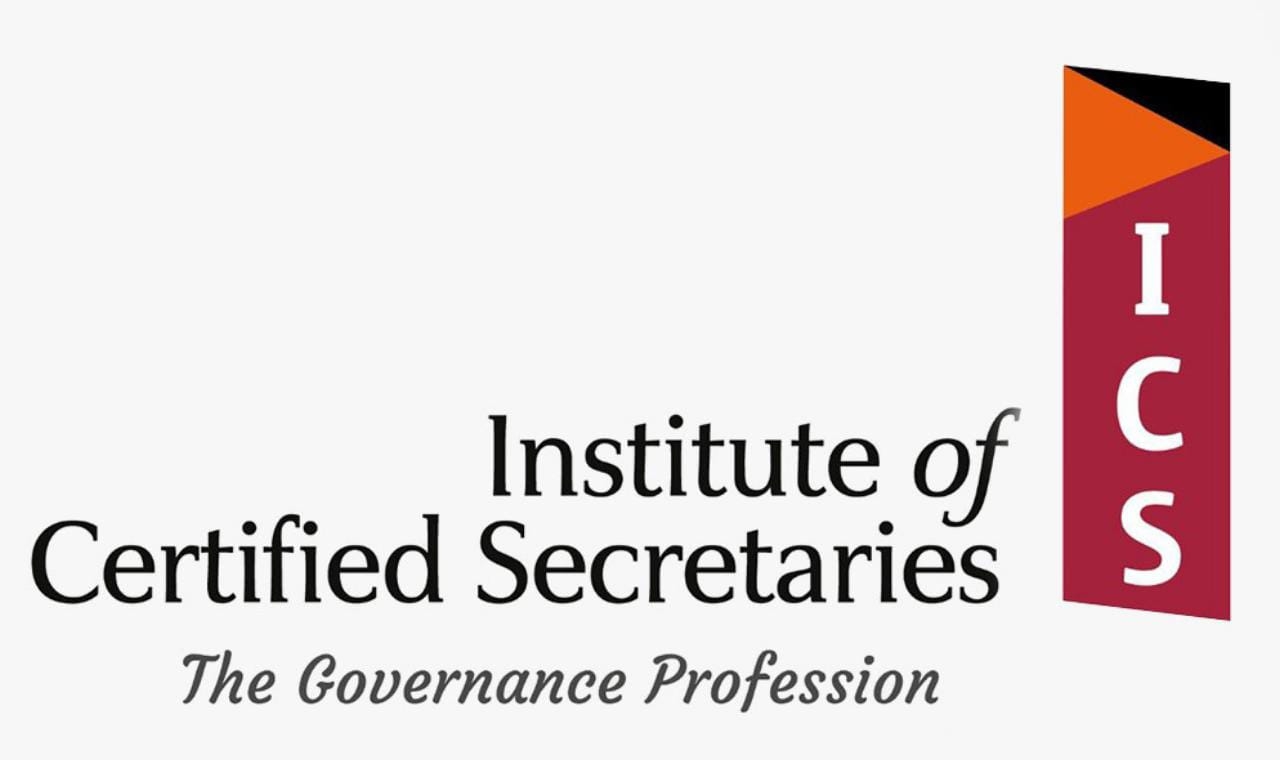In 1847, Dr. Ignaz Semmelweis discovered that handwashing could drastically reduce deaths from childbed fever. His advice was however ignored for decades, and many preventable deaths carelessly followed. The lesson learned was simple: when expert knowledge is undervalued, the consequences can be severe. And not just in medicine, the principle is similarly applicable in corporate governance.
A Company
Secretary (CS) is not a note-taker, as some people tend to assume, but a
trained professional whose advice and oversight can safeguard the company’s
legal standing, its governance reputation, and its strategic longevity.
Misunderstanding or failing to appreciate the CS’ role ultimately exposes
organisations to significant legal, financial, and reputational risks.
Why the CS
Role Matters
Like the doctor
in a hospital, the CS occupies a position where professional independence is
critical. The CS ensures that corporate operations remain within the legal and
governance framework while also enabling the board’s smooth functioning. It
thus follows that this role has two distinct but complementary sides:
1. Compliance/Governance Role, under which role the CS safeguards the company’s legal, regulatory,
and ethical integrity; and the
2. Administrative Role, under which role the CS ensures the company’s governance machinery
runs efficiently day-to-day.
Failing to respect
both functions can result to dire consequences for the organization such as
loss of stakeholder trust, procedural invalidity, breach of statutory
obligations, fines and penalties, director liability, and even ownership
disputes owing to poorly kept registers.
Recently, the
Companies Registrar issued a compliance notice warning that all companies which
had not been complying with the requirement to file their annual returns, and their
beneficial ownership information, would be struck off from the register of
companies.
Imagine
your company that has been in operation for the last 12 years, and has been
doing well financially, is struck off from the register of companies simply
because you failed to file some documents at the companies’ registry. How terrible
would that be?
Companies
find themselves in such situations simply because they did not fully appreciate
the role of the company secretary.
1. The Compliance/Governance Role
This is the
CS’s core, strategic function. As the third officer in the hierarchy of an
organization, they are at the heart of the company’s corporate governance
systems. Consequently, the role requires professional independence so as to
foster transparency and accountability.
Some of the
key responsibilities under this role include:
·
Guiding the Board on Legal and Governance Duties
This entails
advising the Board on directors’ duties, conflicts of interest, and ethical
decision-making, so as to prevent regulatory violations and other breaches of
fiduciary duty.
·
Upholding Compliance and Proper Procedures
The CS
ensures that board procedures are followed, decisions are properly recorded,
and that the company complies with provisions of the Companies Act, its Articles,
and other relevant laws such as the Data
Protection Act and the CMA
Governance Codes.
·
Managing Statutory Filings
The CS is
tasked with filing the company’s annual returns at the companies registry,
beneficial ownership information, and any other disclosures, in a timely manner
so as to avoid fines, penalties, or deregistration.
As earlier
mentioned, the Companies Registrar earlier in the year warned of striking off non-compliant
companies from the companies register, which is a real and costly risk for the
organization, albeit one that could easily be mitigated by fully appreciating
the role of the CS.
·
Supporting Strategic Governance Initiatives
The CS is also
in charge of overseeing ESG reporting, risk management processes, and stakeholder
engagements so as to position the company for sustainable growth.
Overlooking
this role can result in procedural irregularities, invalid board decisions,
funding rejections, and reputational damage that deters investors, clients, and
regulators.
2. The Administrative Role
This role
ensures that the day-to-day governance operations run seamlessly. This role is
complementary to the compliance role and as such, they may at times seem to
overlap.
Some of the
key responsibilities under this role include:
·
Organising and Coordinating Board Activities
Under this responsibility,
the CS prepares and circulates meeting notices, agendas, and board packs i.e
they manage meeting logistics.
·
Maintaining Accurate Records and Documentation
The CS is
also the officer tasked with recording precise minutes, maintaining statutory
registers, and safeguarding key company documents, including the company seal.
·
Facilitating Communication
The CS serves
as the link between the board, the shareholders, and the regulators. They are
the officer responsible for ensuring that resolutions are duly communicated and
implemented.
It is
noteworthy that while some tasks such as maintaining registers overlap with
compliance duties, the administrative function is about operational efficiency
while the compliance function is about legal soundness.
Conclusion
It is through
maneuvering both these roles that a corporation secretary plays their part in
the organization, thus ensuring that the organization thrives.
Both roles are
complementary. Consequently, a good Company
Secretary should ensure that compliance and governance obligations are not just
technically met, but that they are also seamlessly executed through proper
administration systems.
Finally,
let us not be like the people who failed to listen to Dr. Semmelweis such that
for many years after his discovery and advice on handwashing, so many
unnecessary and preventable deaths still had to occur. Appreciate the knowledge
and expertise of our company secretaries before it is too late.
